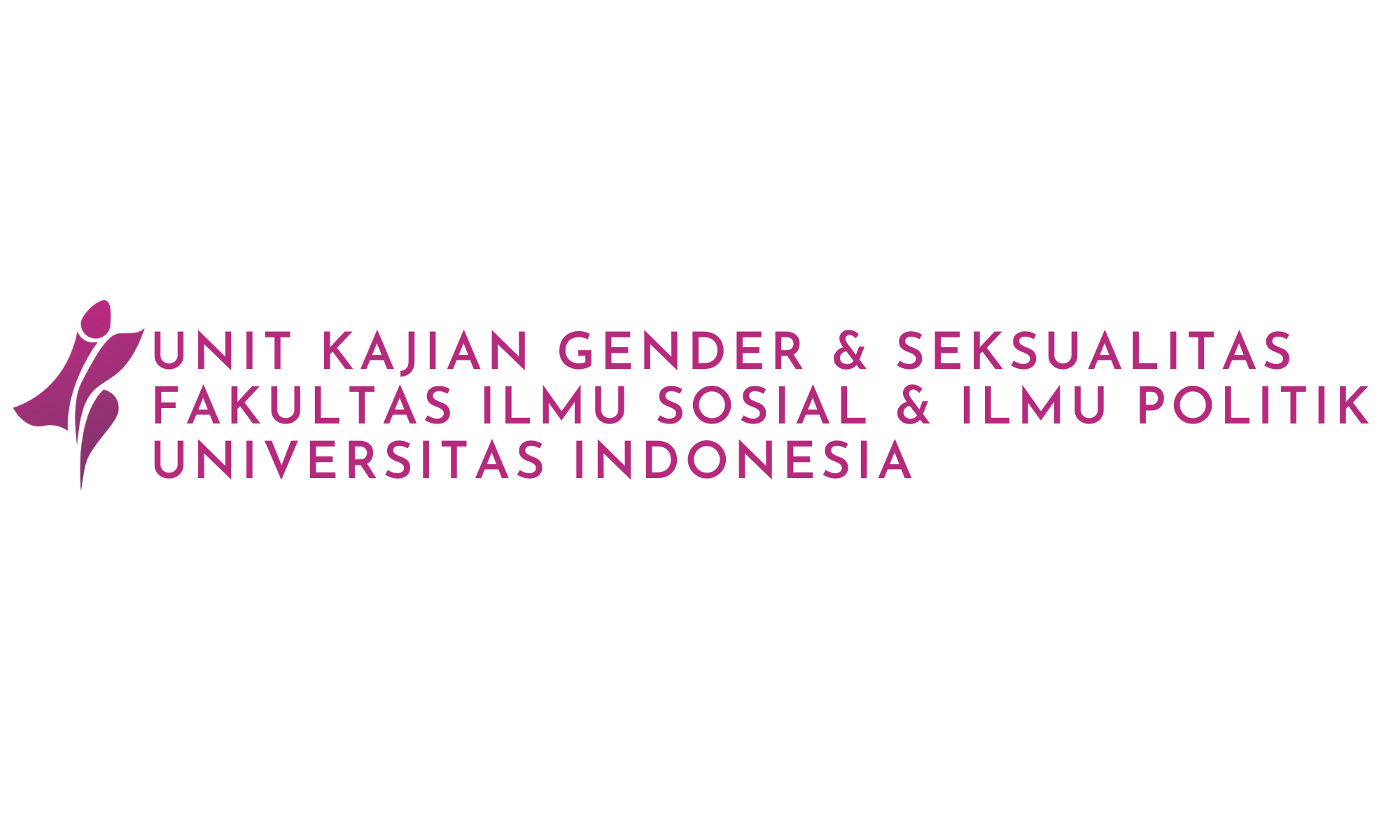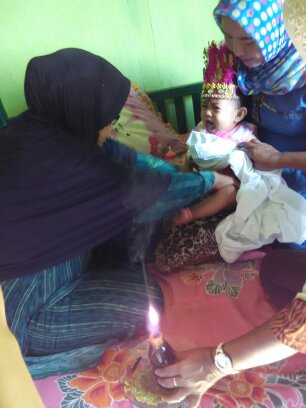Introduction
FGM/C is one of the complex and sensitive topics in the international debate in
the past decades. International communities usually highlight the practice of FGM/C
in African countries which perceived as harmful practice for women. Along with increasing immigrants to Europe, who perform such practices, the debate is also heated
in the European countries. Meanwhile, the practice of FGM/C in Indonesia receives
less attention in the international level. Perhaps there are several reasons. First, the
paucity of FGM/C studies in Indonesia and the lack of international publication.
Sweileh’s study (2016) shows that no single publication on FGM/C in Indonesia
between 1930 – 2015. Second, some experts considered the practice of FGM/C in
Indonesia is less harmful with no physical damage if compared to such practice in
African countries (Ramali 1951 cited in Feillard & Marcoes, 1998, p. 352; Putranti
et.al. 2003). In Indonesia, FGM/C has been discussed as cultural practice to “Is-
lamize” whether in ceremony or secretly done (Feillard & Marcoes, 1998). Although
FGM/C is often related to Islam, yet there are Muslim communities who do not
practice it. The recent survey of Riskesdas (Basic Health Research) in 2013 revealed
that 1 of 2 women has been circumcised (Balitbang Kemenkes 2013).
This paper will address the FGM/C, we use the term female circumcision, based
on our qualitative study in 7 provinces throughout the archipelago in 2015. The first
part will present main findings of our study by highlighting variation and reasons of
female circumcision practice in the studied areas. It will followed by explaining the
policy dynamics on female circumcision which shows the government ambiguity on
this issue. The last part will discuss FC in the context of socio-cultural dynamics of
the contemporary Indonesian society.




